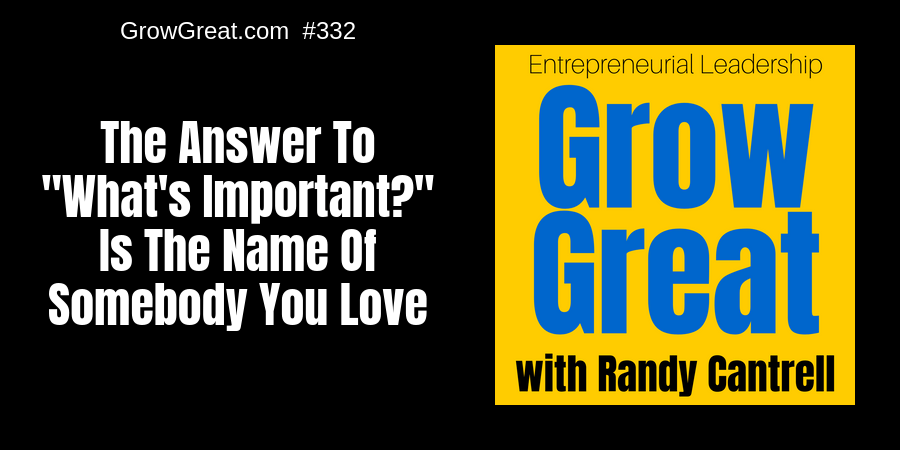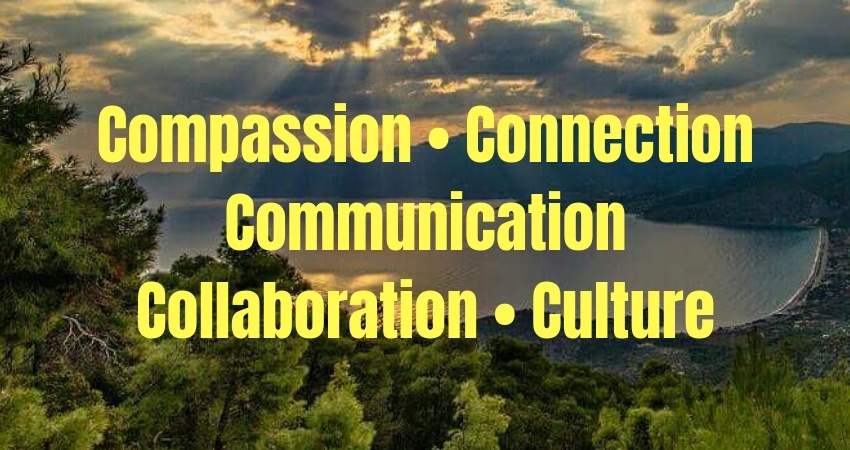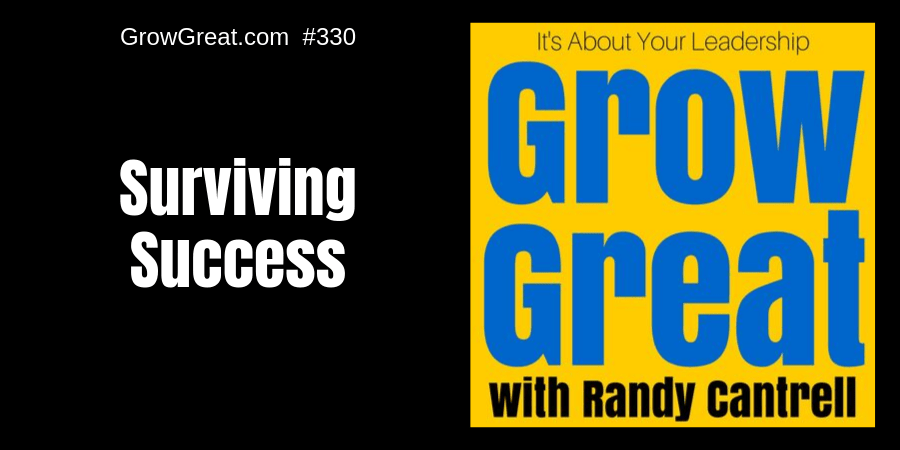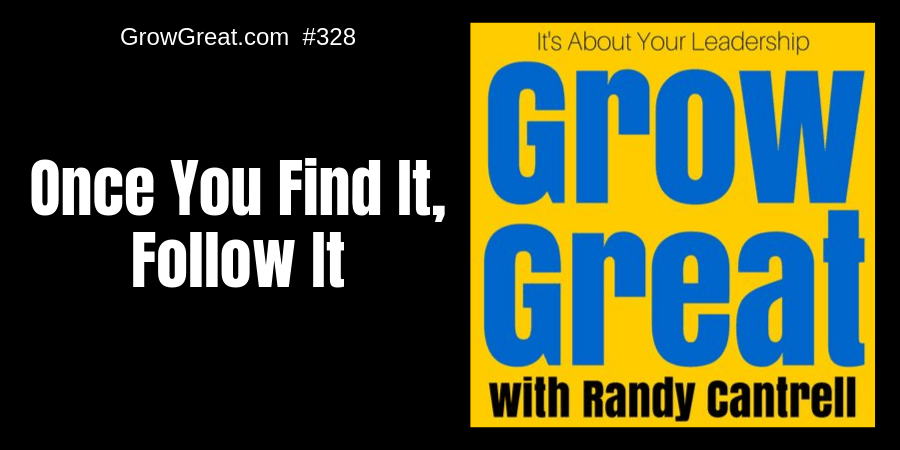Should You Tell Them, Or Ask Them? (333)
Podcast: Play in new window | Download (Duration: 9:52 — 9.4MB)
Subscribe: Apple Podcasts | Spotify | Email | RSS | More
Earlier this year I lost a lifelong mentor. He had battled health problems for a number of years, but his death came quite unexpectedly.
Last week I was speaking with a buddy about mentors and surrounding yourself with people who can ideally serve you. Mostly we were talking about how rare and important it is to find people willing to challenge us because they care deeply about us.
I told him that many years ago I had intentionally surrounded myself with older men who shared my faith, but men from various parts of the country who are all wired differently. One of them passed away early this year. I was lamenting the loss of this man who provided something the others couldn’t. And he did it because it was how he was naturally wired.
He’d ask questions. Hard questions. Tough questions.
But I knew his intentions. I knew he cared about me. Unlike most of the others, whose judgment I trust, he never did “should” me. “You should do ____________,” was something I never heard him tell me. He was truly a loving guide who simply wanted my best.
Social media is filled with words of wisdom. Words are largely empty. Not because they’re powerless, but because they’re generic. Without context. Or because they’re sweepingly general. Sometimes, they’re just flatly false.
My son and I were talking about advice-giving and helping others through struggles when I recounted how my now gone mentor always helped me. I was telling my son about our final conversation on the phone, just days before he suddenly died. He was helping me review a specific challenge in my life. I told him one action I was considering. I asked him what he thought. He replied in his usual fashion, “You could do that. (long pause) I’m not sure it’d be right, but you could do that.” I laughed, even though the subject was quite serious, and said, “Well, what do mean?” He went on to offer one question, followed by another (his usual way of talking with me – and teaching me to think it all the way through). I loved him for it. I’ll always love him for it.
Do you want to be challenged in a caring way – by somebody you KNOW who wants only your best?
As a business owner or manager, you can tell people what to do. Orders are easy. If you enjoy barking out orders you likely don’t enjoy it when people disappoint you because they don’t do it precisely enough to suit you. Or when you find yourself having to repeat the same order to the same person over and over again.
Other than the person’s ineptness (which is possible), dictatorship tactics aren’t always ideal. Not if you want to build a high performing team and a high performing culture inside your organization. Orders are like judgment. Easy. Understanding is hard but far more profitable. Hard because it demands you lead with a higher purpose and greater intention.
It means you ask questions to help people figure it out for themselves. It helps them grow. It helps you grow your leadership. And it helps them move forward because they own the outcome. They’re the ones figuring it out thanks to your helpful challenges.
The other day I saw an article about accountability coaches. I was unaware that a person could effectively coach anybody in anything and NOT be an accountability coach. But evidently I was wrong. 😉
The article talked about some women struggling to lose weight and get fit. There are now accountability coaches helping ladies get on track and stay on track. They don’t necessarily provide specific fitness or diet coaching, but they focus on holding the person accountable for the goals they set for themselves. Again, it sounds like coaching to me, but it was interesting all the same.
Asking questions is a form of accountability, but only when the right questions are asked in the right way. And with the right intent.
My old mentor could have phrased things very differently or used a different tone and my feelings would likely be different, too.
“Well, you could do that if you want to be an idiot.”
“Well, you could do that if want to make matters worse.”
There are all kinds of ways he could have phrased it to make me question his motives in helping me. But after decades of such conversations and many candid expressions of our mutual love I knew this man only cared about one thing – me doing the very best thing for myself. So his questions weren’t like interrogations. They were intentionally thought-provoking. I never remember him ever beginning a sentence with the phrase, “You should…” It was much more likely going to be, “Are you sure that’d be right?”
And by asking the question I’d dig deeper and more often than chuckle and respond, “No, of course I’m not sure that’d be right. That’s why I’m asking YOU.”
He’d smile or chuckle back and ask another question. “What led you to believe that might be the right thing to do?” Then I’d have to rehearse my thought process and along the way endure his ongoing challenges, which frequently would show me the fallacy in my conclusions.
He could have just jumped right to those and said, “Well, you’re not thinking about it correctly. Here’s where you’re wrong.” By telling me he could have shortened the conversations for sure. But he knew he would have robbed me of this opportunity to learn and understand where I may have gotten it wrong.
Which method do you think as more lasting impact? You know the answer. So do I. Thanks in large part to a man who was about 15 years further up the road than me. I miss him.
Be well. Do good. Grow great.
Randy
Should You Tell Them, Or Ask Them? (333) Read More »






